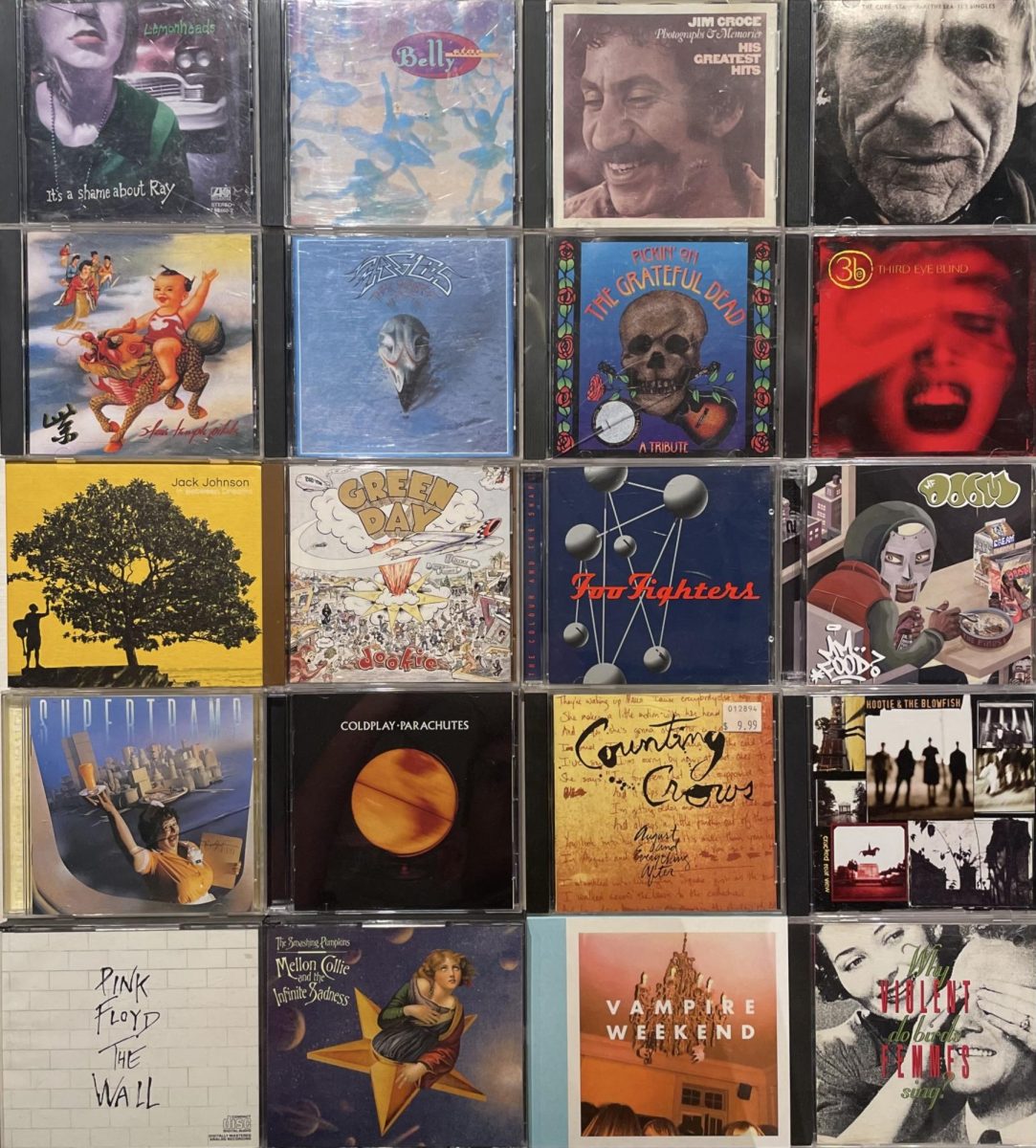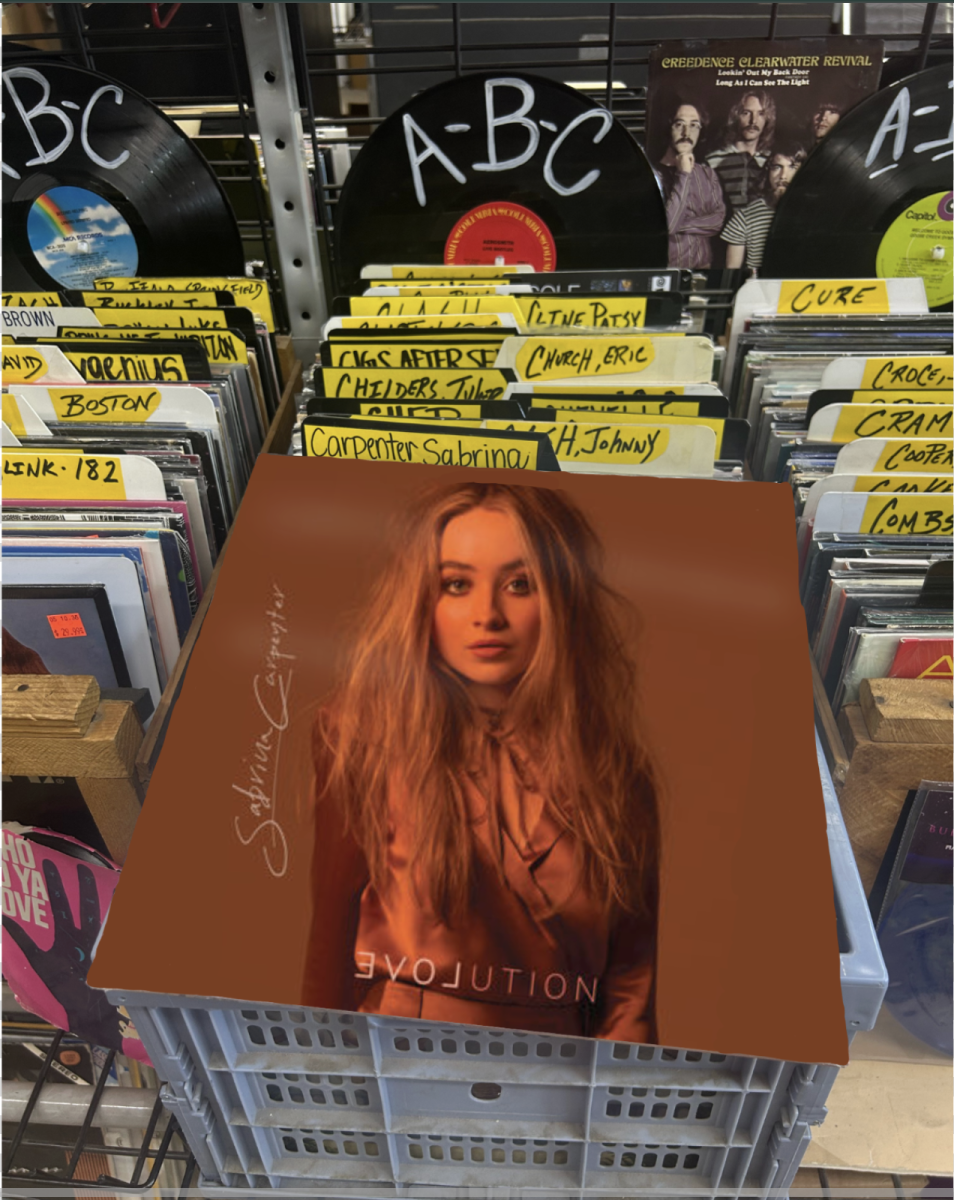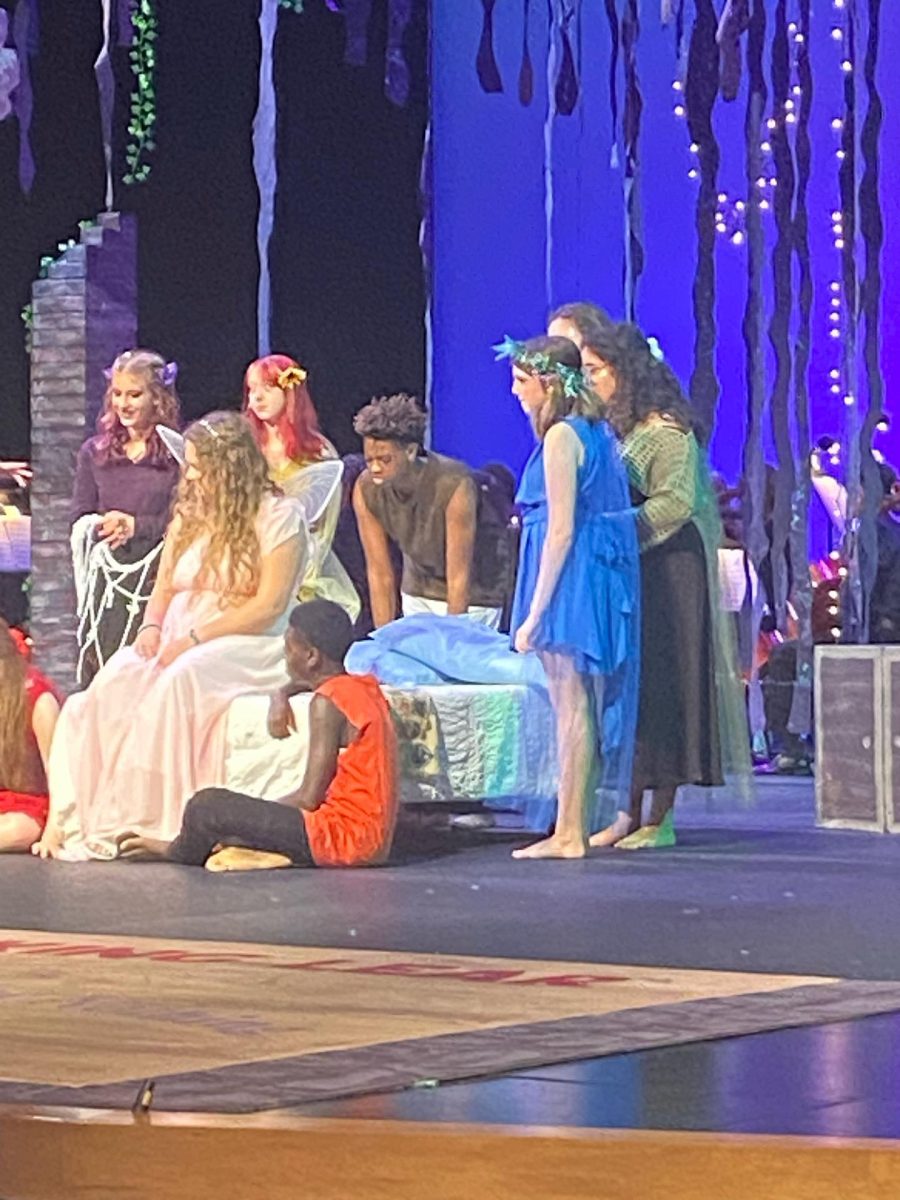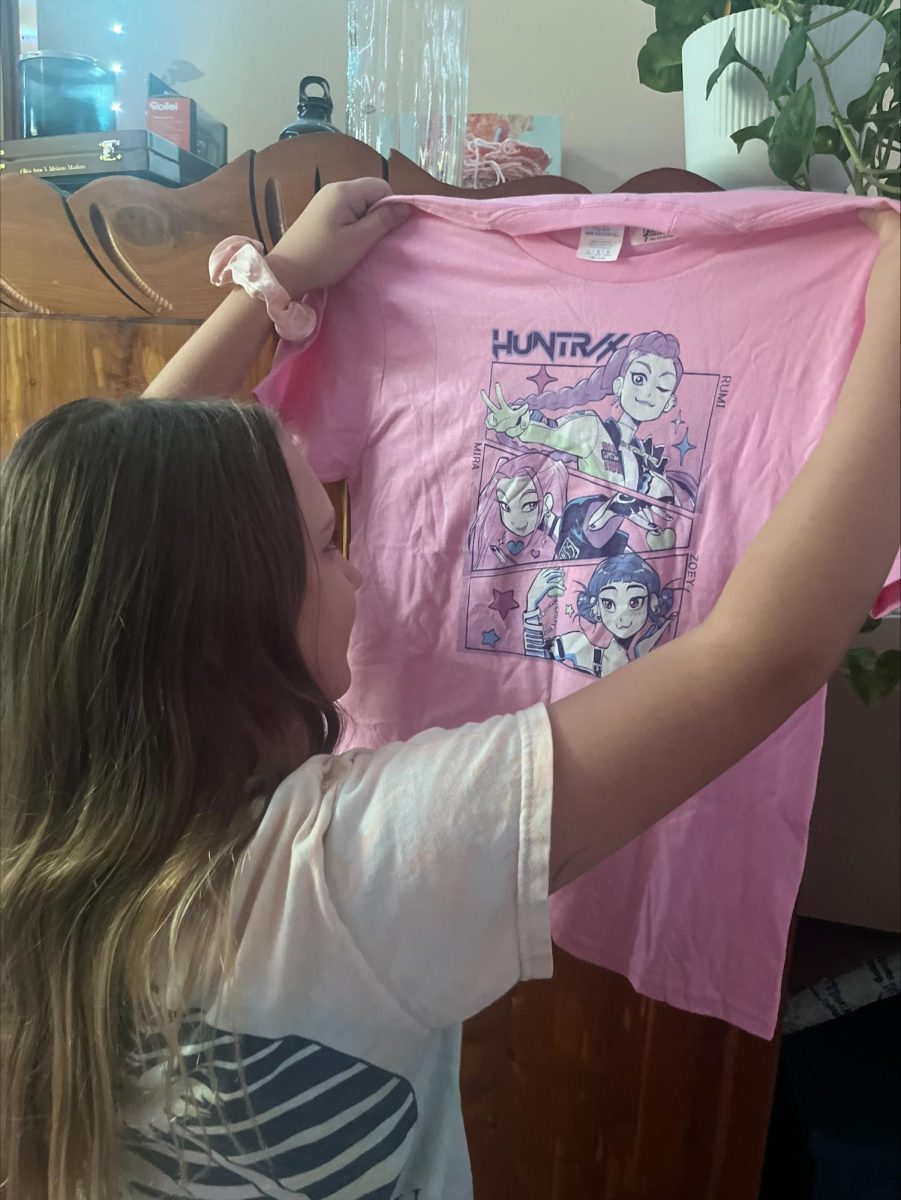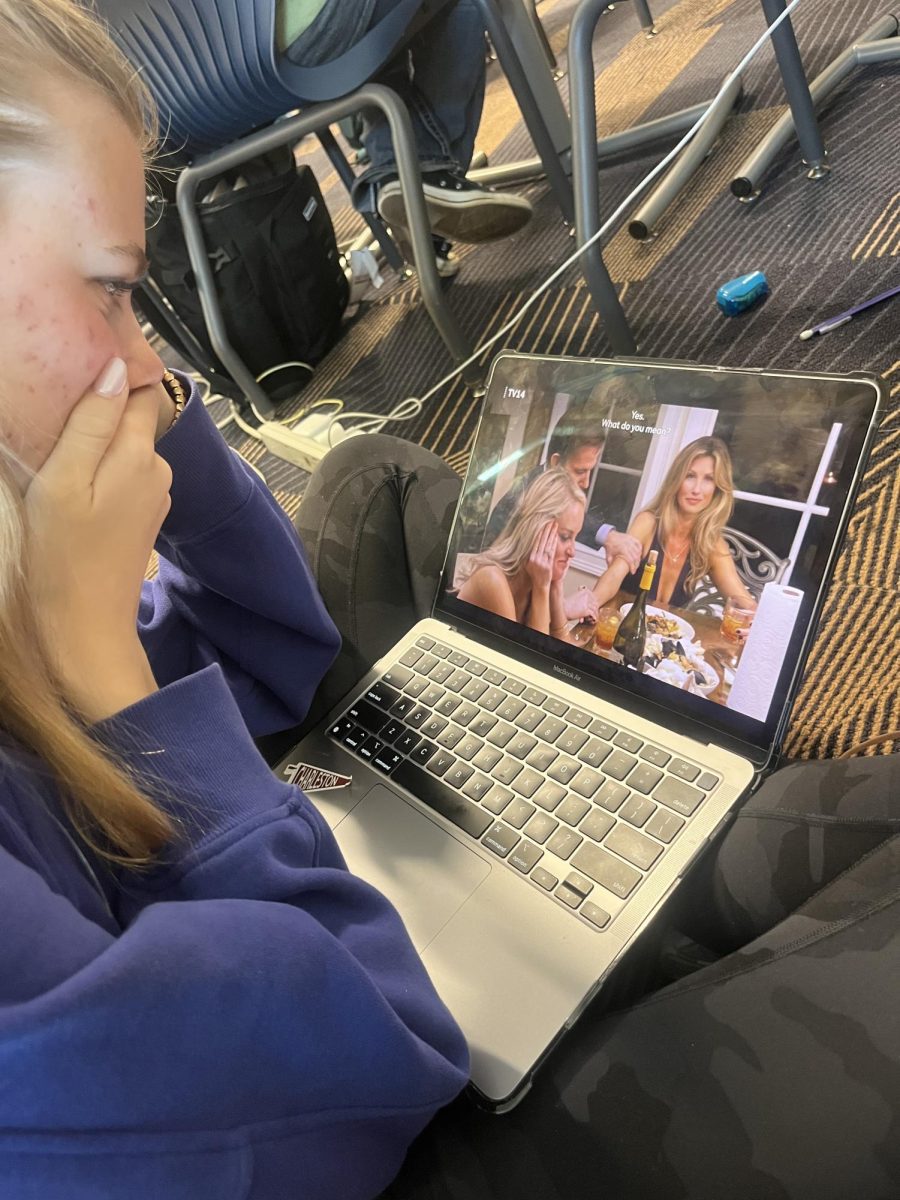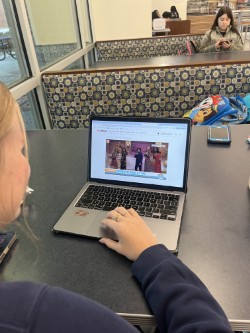
For over 50 years, “Saturday Night Live” (SNL) has been a cornerstone of American television comedy. Since its inception in 1975, the show, created and produced by Lorne Michaels, has featured a blend of live sketches, political satire, celebrity hosts and musical performances, becoming a cultural institution in the process. Broadcast live from Studio 8H at 30 Rockefeller Plaza in New York City, SNL has consistently attracted top-tier comedic talent and earned numerous accolades for its innovative and often daring content. With a rotating cast of comedians, the show has helped launch the careers of many now-famous actors and writers, including Eddie Murphy, Bill Murray, Tina Fey, Amy Poehler and Kristen Wiig, among others.
Charlotte Ward (11) says she enjoys watching SNL because it is a time for her and her parents to spend together and how it makes current events more digestible.
“I like to watch SNL with my parents, and it’s always super funny but even funnier seeing their reactions. It is always very up to date on current events, and the skits manage to address current issues in a way that makes them less intimidating,” Ward said. “SNL always makes political and social issues seem less weighty and more solvable. The satire approach is really effective and doubles as being entertaining.”
Despite its historical impact on comedy and its place in television history, recent years have seen criticism about the show’s direction and quality. Some critics argue that SNL has been on a downward spiral, particularly after the departures of several long-time cast members. In 2022, veteran comedians Aidy Bryant, Pete Davidson, Kate McKinnon and Kyle Mooney all left the show. These performers had been central figures on SNL for years and had become integral to its identity. Bryant was known for her sharp comedic timing; Davidson for his offbeat humor, McKinnon for her memorable impersonations, and Mooney for his quirky, often absurd sketches. The loss of these well-established cast members left a noticeable gap in the show’s dynamic, leading to concerns about its ability to maintain its previous level of excellence.
Yet people such as Mary Yates Satterfield (12) still find SNL to be one of the best comedies shows currently airing.
“I really like watching Saturday Night Live because the skits are funny and the show is very entertaining,” Satterfield said.
In addition to the cast changes, the nature of late-night television has also evolved in recent years. With the rise of streaming platforms and digital content, traditional broadcast shows like SNL face increased competition for viewers’ attention. The fragmented media landscape means that SNL must work harder to stay relevant in an age where instant gratification and social media influence trends. This environment has prompted debates about whether SNL can continue to hold its cultural weight in a landscape that is constantly changing.
Despite these challenges, SNL has managed to remain a major cultural force. An article published by Vanity Fair in September 2024, titled “Our 50 Favorite Saturday Night Live Sketches,” highlights three sketches from the past four years, demonstrating that the show is still capable of producing memorable and impactful content. While the show’s viewership may not be at its peak levels, it continues to produce moments that resonate with audiences. These sketches, which often mix political satire with sharp wit and timely humor, have shown that SNL is still capable of tapping into the zeitgeist.
Another noteworthy development is SNL’s growing popularity on social media platforms, particularly TikTok. As younger viewers flock to TikTok for their entertainment, many SNL sketches have gone viral, reaching a broader audience than the traditional television broadcast alone. These viral moments indicate that SNL still has a unique ability to capture the cultural moment, even if it isn’t the dominating force in late-night television that it once was. The ability to adapt to new platforms, particularly in a digital-first world, is essential for staying relevant in the entertainment landscape.
While opinions on what is funny will always vary, the fact that SNL continues to generate viral content and remain a subject of cultural conversation proves the show is far from irrelevant. Despite its challenges in maintaining its former glory, “Saturday Night Live” remains a beloved and influential part of American television. The show continues to evolve and reflect the changing face of entertainment. As it moves forward, it remains to be seen how SNL will continue to balance its long history of success with the demands of a rapidly shifting media environment.


